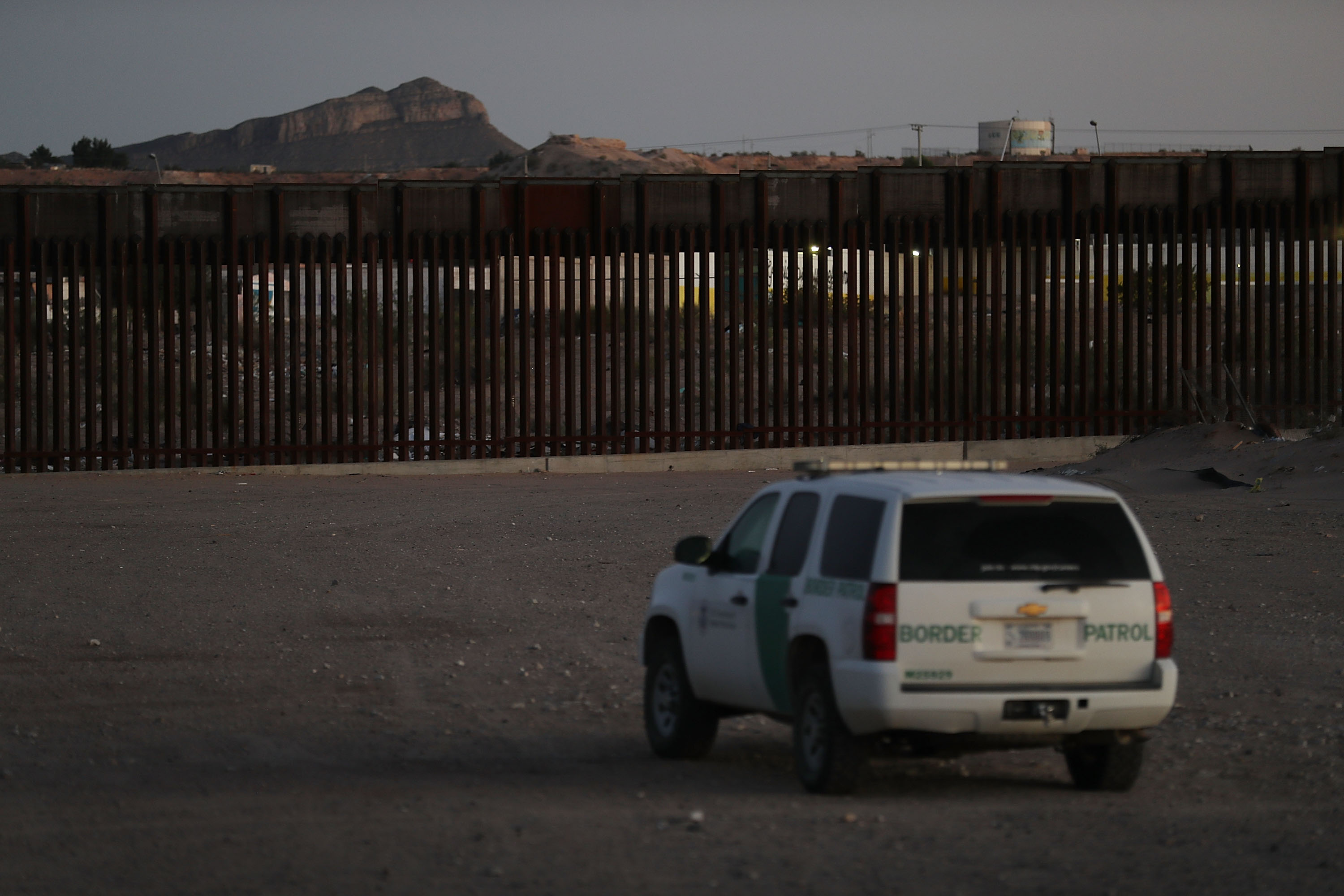
The Trump administration’s “zero tolerance” immigration policy resulted in significant resources being diverted from drug-smuggling cases in southern California, according to a Friday night report by USA Today‘s Brad Heath.
In a May 18 email sent to Department of Homeland Security officials, Fred Sheppard, the supervising assistant U.S. Attorney for major crimes in the San Diego area noted that proposed changes in immigration enforcement efforts “will occupy substantially more of our resources” and that the Southern District of California was “diverting staff, both support and attorneys, accordingly.”
The email went on to warn that prosecutors would need to expedite their work on drug-smuggling cases. Effectively, Sheppard said, this would result in extremely tight deadlines for cases ending up in federal court–occasionally giving prosecutors just a few hours to produce thorough reports and evidence. And if such standards couldn’t be met in so short a time, “the case will be declined,” the email said.
Specifically, Sheppard’s email cautioned that “reactive matters” would be given fewer resources as a result of the Trump administration’s hardline immigration push. Reactive matters is a term that includes instances where alleged drug-smugglers are caught by Border Patrol agents while trying to enter the country from Mexico.
Per the terms of Sheppar’s “streamline” email, such cases would have to be completed by 8:30 a.m. the morning after being initially filed. During that time period, prosecutors would be expected to compile “finalized” reports signed by supervisors, two copies of recorded suspect interviews, two copies of surveillance footage and a full download of a suspect’s cell phone.
After federal prosecutors shifted attention, focus and resources to the “zero tolerance” policy enacted by Attorney General Jeff Sessions in early May, California’s state court system became swamped with drug-smuggling cases as a result.
According to the San Diego County District Attorney’s Office, the number of drug-smuggling cases submitted by border authorities had more than doubled since the crackdown resulting in family separation began. Spokesperson Tanya Sierra noted that DHS agents referred 96 cases to the San Diego DA’s office between May 21 and June 21. Last year, her office was referred 47 such cases over the same time period.
The administration pushed back a bit against the Sheppard email. Kelly Thornton, a spokesperson for the U.S. Attorney’s Office in San Diego claimed the Department of Justice “has given our district the necessary resources – including 10 additional prosecutor positions plus at least five Department of Defense attorneys – to prosecute all of these crimes.”
But Reuben Cahn, the lead federal public defender in San Diego, said the number of federal cases referred to federal court has fallen since the administration’s “zero tolerance” shift began.
[image via Joe Raedle/Getty Images]